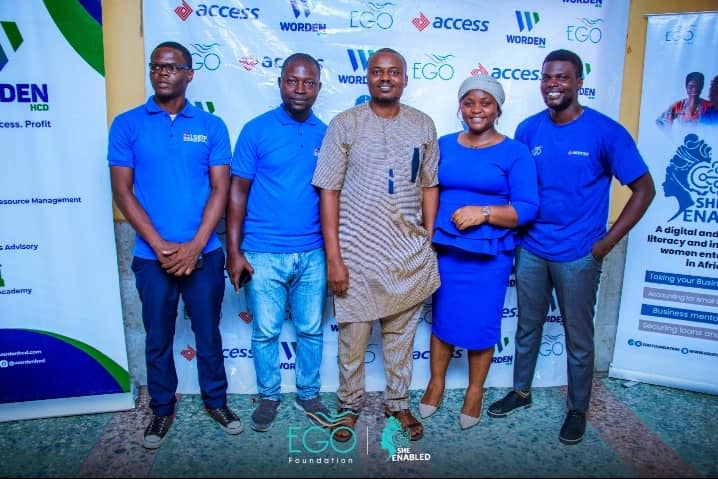Empowering Young Girls Through Menstrual Health Education
Medical professionals have taken significant steps to educate young girls in Lagos about menstrual health and hygiene. Their efforts focus on providing accurate information, which helps girls feel more confident and comfortable managing their periods. This initiative not only addresses a critical gap in knowledge but also aims to improve the overall well-being of female students.
One of the key challenges highlighted by these experts is the lack of access to quality sanitary pads. Many girls struggle with this issue, which can have serious implications for both their health and education. By addressing this problem, the program seeks to create a supportive environment where girls can thrive without the burden of inadequate resources.
The importance of early education on menstrual hygiene cannot be overstated. Experts emphasize that equipping girls with knowledge from a young age empowers them to make informed decisions about their bodies. This empowerment is crucial for their personal development and future success.
A Commitment to Gender Equality and Health
The 2025 Cerba Lancet Nigeria Corporate Social Responsibility (CSR) initiative served as a platform for these discussions. During the event, over 1,000 female students from the Nigerian Navy Secondary School in Ojo were provided with free sanitary pads by the diagnostic firm. The initiative was aimed at promoting gender equality, reducing reproductive health complications, and empowering girls with the confidence and knowledge needed to succeed.
Dr. Fred Obiajulu, the Medical Director of Cerba Lancet Nigeria, emphasized the significance of the project. He stated, “When a girl is healthy, society is healthy. Suppressing the girl child leads to the regression of any society. That’s why we are anchoring this project, so we can train them on how to manage their reproductive health from the onset.”
Obiajulu also highlighted the alignment of the initiative with the United Nations Sustainable Development Goal 3 (SDG 3), which focuses on ensuring healthy lives and promoting well-being for all. He added, “The girl child is central to the SDGs, especially in areas of gender equality and reproductive health. When you have a healthy girl child, you have a healthy society. Any society that suppresses its girls will never progress.”
Educating Girls on Reproductive Health
The program is designed to educate girls about their bodies, particularly focusing on the onset of menstruation. This knowledge is essential for helping girls understand how to care for their reproductive health. Dr. Obiajulu explained, “Creating this awareness is key to empowering them.”
In addition to general education, the program also addresses complex reproductive health issues such as Polycystic Ovary Syndrome (PCOS). Dr. Obiajulu noted that while PCOS cannot be prevented, it must be properly managed. He explained, “PCOS involves multiple cysts in the ovaries, which can disrupt hormone production and menstrual cycles. Treatment depends on the individual. A physician would assess hormone levels and other factors before recommending personalized care.”
Long-Term Impact on Students
Temitope Ambrose, the Head Business Development and Marketing at Cerba Lancet Nigeria, shared insights about the Pad-Up initiative, which has been running for eight years. He said, “Cerba Lancet is a multinational clinical pathology organization with a strong CSR mandate. We focus on SDG 3, and Pad-Up is one of our flagship initiatives. Sometimes, we do it once or twice a year. We reach both rural and urban communities, ensuring no girl is left behind.”
The impact of the program was also recognized by Captain Yakubu Haruna, the Commandant of the school. He described the session as “educative and timely,” emphasizing that it provided students with much-needed clarity on topics many find difficult to discuss. “Today’s event is quite interesting because it is educational. And it comes at the right time to sensitize our students about the menstrual period and hygiene,” he said.
Mrs. Musa Janet, the School Matron, added that the training would have long-lasting effects on the students. She noted, “The impact cannot be overemphasized. It is what is needed, especially at this age. Some of them learned that when you are a fresher and your period ceases, there’s no need to panic, it can return. They now understand what an irregular or discolored period could mean, possibly pointing to infections. Knowing the difference between a short and long cycle gives them confidence.”
Through these efforts, the program not only provides immediate support but also lays the foundation for a healthier, more informed generation of girls.







